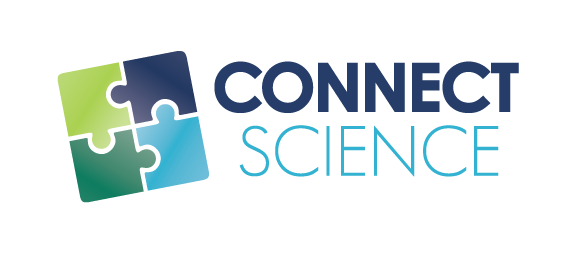About the Project
Connect Science is a project-based learning program involving professional development, coaching and a series of 30 lessons that can be integrated into the school day. The sequence of lessons takes teachers and students through a process of establishing classroom norms, teaching students essential social skills, and creating opportunities for students to tackle challenging concepts in science in way that matches the Next Generation Science Standards. Connect Science offers students an opportunity to work on real world problems in their community.
The Collaborative for Academic, Social, and Emotional Learning (CASEL) has been reviewing evidence-based SEL programs since 2003. Connect Science meets CASEL’s Promising Program designation and is included in their CASEL Program Guide as a recommended program for social and emotional learning. Research from a randomized controlled trial in the 2017-2018 academic year showed that Connect Science improved teacher science instructional practices and 4th grade students’ science achievement, as well as their energy attitudes and behaviors.
The Research
Results of our Connect Science efficacy study show that:
Connect Science teachers reported higher use of science instructional practices consistent with the Next Generation Science Standards.
Connect Science boosted students’ science achievement related to energy and resources.
Connect Science students had improved energy attitudes and behaviors compared to their peers in the comparison group.
Students whose teachers implemented Connect Science as intended had better social skills.
Interested in learning more about Connect Science, or how to bring it to your classroom?
“Putting the solutions in students’ hands and telling them that they can have a huge impact on the world or just in their community…it makes them feel so responsible and important that they really just run with it.”
-Connect Science Teacher
The Development
This project was conducted in three phases:
Phase 1 (2015-2017): The team developed and tested the feasibility and usefulness of the materials with teachers.
Phase 2 (2017-2018): The team conducted a small randomized controlled trial to examine the efficacy of Connect Science.
Phase 3 (2018-2019): The team created a series of dissemination materials, including empirical and non-empirical work, to present the results of the research. This included the development of the Connect Science Blueprint, which serves as a framework to allow upper elementary teachers to develop their own science units using Connect Science as a model.
The Funding
The Connect Science program was developed by Sara Rimm-Kaufman at the University of Virginia, Eileen Merritt at Arizona State University, Tracy Harkins at Harkins Consulting, LLC and their team of staff and students. The research was supported by the Institute of Education Sciences, U.S. Department of Education.
“I learned that it’s okay when people disagree because not all answers are wrong or right.”
-Connect Science Student
The research reported here was supported by the Institute of Education Sciences, U.S. Department of Education, through Grant R305A150272 to the University of Virginia. The opinions expressed are those of the authors and do not represent views of the Institute or the U.S. Department of Education.




